The Dogue de Bordeaux, also known as the French Mastiff, is a breed that commands attention not only due to its size but also its robust structure. Proper nutrition is vital to maintain their health and well-being. When determining the right amount of food for a Dogue de Bordeaux, one must consider factors such as the dog’s age, weight, activity level, and the caloric content of the food. This guide will provide you with a foundational understanding of these factors, offer approximate feeding amounts, and give a basic cost estimate for their monthly feeding.
1. Nutritional Needs of a Dogue de Bordeaux
This breed requires a balanced diet rich in protein to support its muscle mass, healthy fats for energy, and carbohydrates for digestive health. The Dogue de Bordeaux also needs a variety of vitamins and minerals to support their overall health, particularly to maintain their joint health due to their large size.
2. Puppy Feeding Requirements
Dogue de Bordeaux puppies grow quickly and therefore need more calories per pound of body weight than adults. A puppy’s diet should be specifically formulated for large breeds to ensure proper growth. Generally, a puppy will need about 4 to 6 cups of food per day, depending on their size and age.
3. Adult Dogue de Bordeaux Feeding Guidelines
As adults, Dogue de Bordeauxs typically need less food than they did as puppies. The average adult Dogue de Bordeaux might need 4 to 5 cups of high-quality dry dog food per day. This can be adjusted based on the dog’s activity level and the food’s caloric density.
4. Senior Dogue de Bordeaux Dietary Needs
As they age, Dogue de Bordeauxs may become less active and require fewer calories. Senior dog foods, which are formulated with fewer calories and additional joint support, may be beneficial. An older Dogue de Bordeaux may need 3 to 4.5 cups of food daily.
5. Adjusting Food Quantity Based on Activity Level
A Dogue de Bordeaux’s activity level will significantly affect its dietary needs. A highly active dog may require up to 50% more food, whereas a more sedentary dog may require less than the average amount to avoid weight gain.
6. Feeding and Health Issues
It’s important to be aware of and manage potential health issues through diet, such as bloat, which is common in larger breeds. Feeding smaller, more frequent meals can help, as can ensuring that the dog does not eat too quickly.
7. Monthly Feeding Costs
The cost of feeding a Dogue de Bordeaux can vary widely depending on the type of food (wet, dry, raw, or a combination) and the quality of the ingredients. On average, you might expect to spend anywhere from $70 to $150 per month.
8. Choosing the Right Food
Select a dog food that is appropriate for the Dogue de Bordeaux’s size and energy levels. Look for foods that contain whole protein sources, healthy fats, and limited fillers or artificial additives.
9. Treats and Extras
Treats should be given sparingly and not make up more than 10% of the Dogue de Bordeaux’s daily caloric intake. Always opt for healthy treats that provide additional nutritional benefits.
Our 5 Top Foods for Dogue de Bordeaux
The diets were selected by our founder Justin Palmer, a certified canine nutrition expert, specifically with Dogue de Bordeaux in mind:
Conclusion
Feeding a Dogue de Bordeaux properly is critical to their health. The right amount of food will depend on various individual factors, and it’s important to adjust their diet as they grow and their needs change. Always consult with a veterinarian to ensure that your Dogue de Bordeaux is receiving the appropriate nutrition for a long and healthy life.
Frequently Asked Questions About Feeding a Dogue de Bordeaux
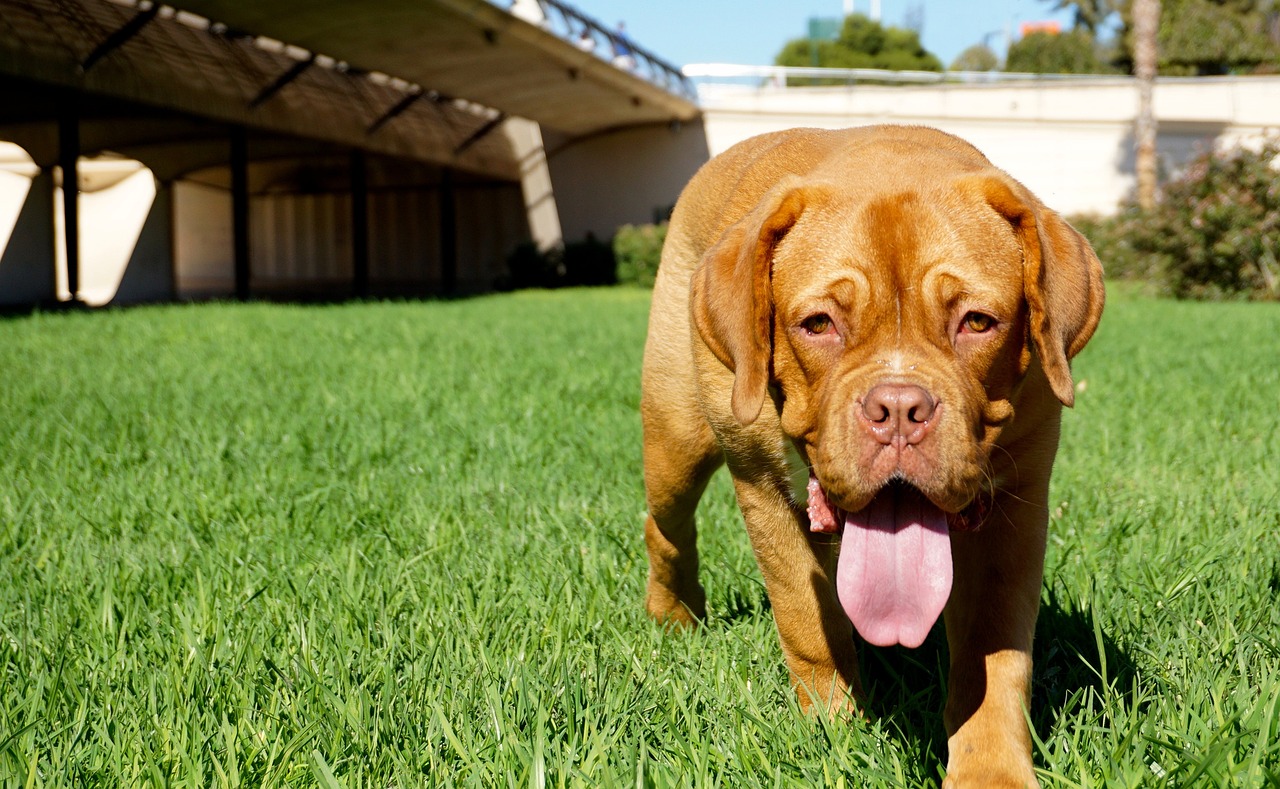 1. How often should I feed my Dogue de Bordeaux?
1. How often should I feed my Dogue de Bordeaux?
Adult Dogue de Bordeaux dogs should be fed two times a day to maintain their energy levels and help prevent bloating, a common issue in large breeds. Puppies may require more frequent feedings, up to three or four times a day, due to their growth needs.
2. What type of food is best for a Dogue de Bordeaux?
A high-quality, large-breed formula that’s rich in protein is ideal for a Dogue de Bordeaux. Look for dog foods that list real meat as the first ingredient and include a balance of fruits, vegetables, and whole grains to provide a spectrum of nutrients.
3. How much should I feed my Dogue de Bordeaux puppy?
Dogue de Bordeaux puppies should eat a large-breed puppy formula that supports healthy growth. Depending on their age and size, they may need 4 to 6 cups of food divided into three to four meals daily.
4. Can Dogue de Bordeaux dogs eat a grain-free diet?
Dogue de Bordeaux dogs can eat a grain-free diet if it provides the necessary nutrients and they have no health issues with grains. However, it’s crucial to consult with your vet before switching to grain-free to ensure it’s a good fit for your dog’s health needs.
5. How can I tell if I’m feeding my Dogue de Bordeaux the right amount?
The right amount will maintain your Dogue de Bordeaux at an ideal weight; their ribs should not be visible but easily felt, and they should have a visible waist when viewed from above. Adjust portions according to their activity level and consult your vet if you’re unsure.
6. Do Dogue de Bordeaux dogs require supplements in their diet?
Some Dogue de Bordeaux may benefit from supplements like glucosamine for joint health, especially as they age. However, it’s best to talk to your vet before adding any supplements to ensure they’re necessary and won’t interfere with their diet.
7. What human foods are unsafe for my Dogue de Bordeaux?
Avoid feeding your Dogue de Bordeaux chocolate, grapes, raisins, onions, garlic, avocado, and products containing the sweetener xylitol, as these can be toxic to dogs. Always check with your vet before giving your dog any human food.
8. How much does it cost to feed a Dogue de Bordeaux?
The monthly cost of feeding a Dogue de Bordeaux can range from $70 to $150 or more, depending on the quality of the food you choose and the size and appetite of your dog.
9. How do I manage my Dogue de Bordeaux’s weight through diet?
To manage your Dogue de Bordeaux’s weight, measure their food portions, limit treats, and provide regular exercise. Monitor their body condition and adjust food intake as needed, and seek veterinary advice if you’re unsure about their weight.
10. What should I do if my Dogue de Bordeaux is a picky eater?
If your Dogue de Bordeaux is picky, ensure the food is fresh and at the correct temperature. You can also try mixing in a bit of wet food or a topper to enhance flavor. If the pickiness persists, consult your veterinarian to rule out any underlying health issues.
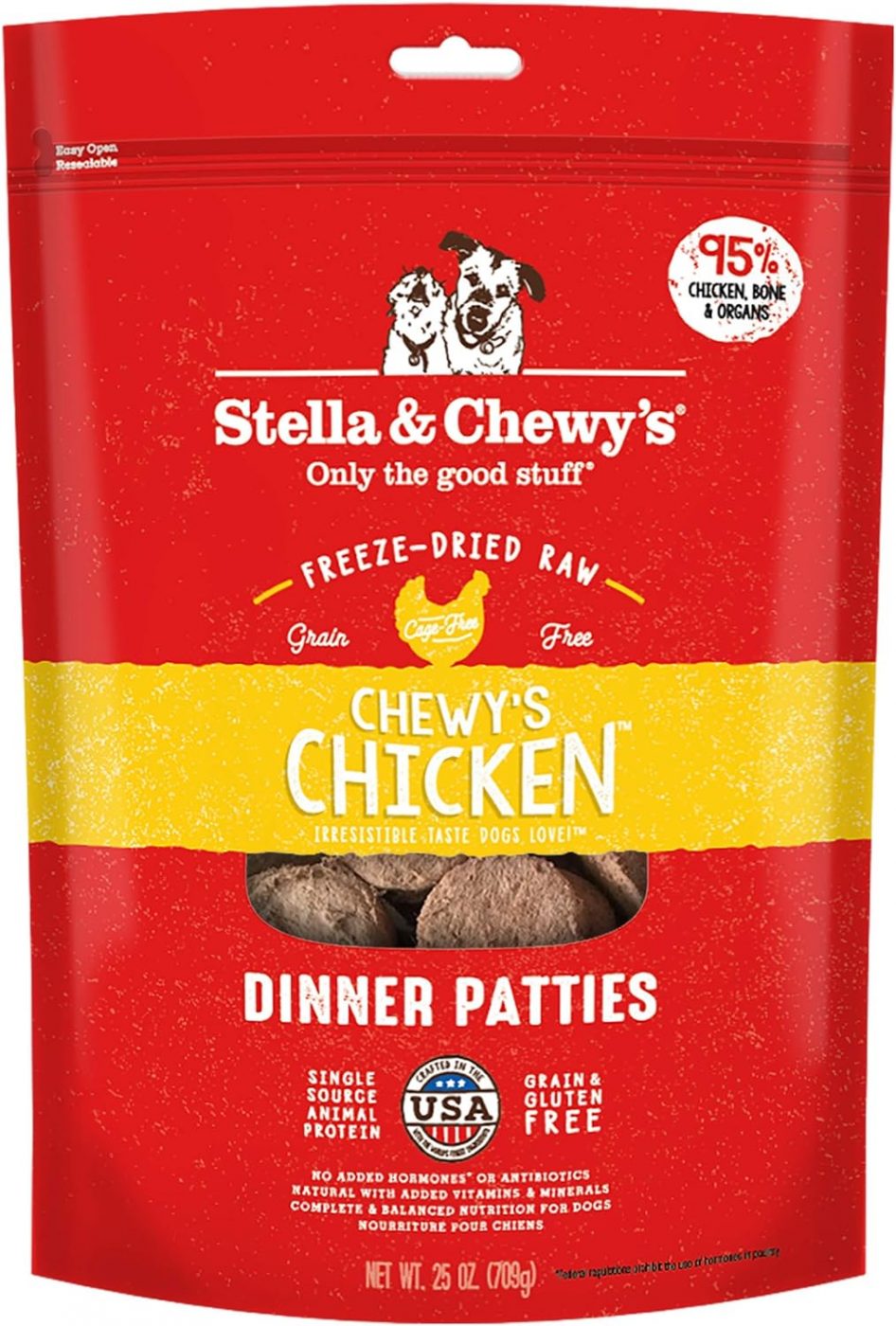
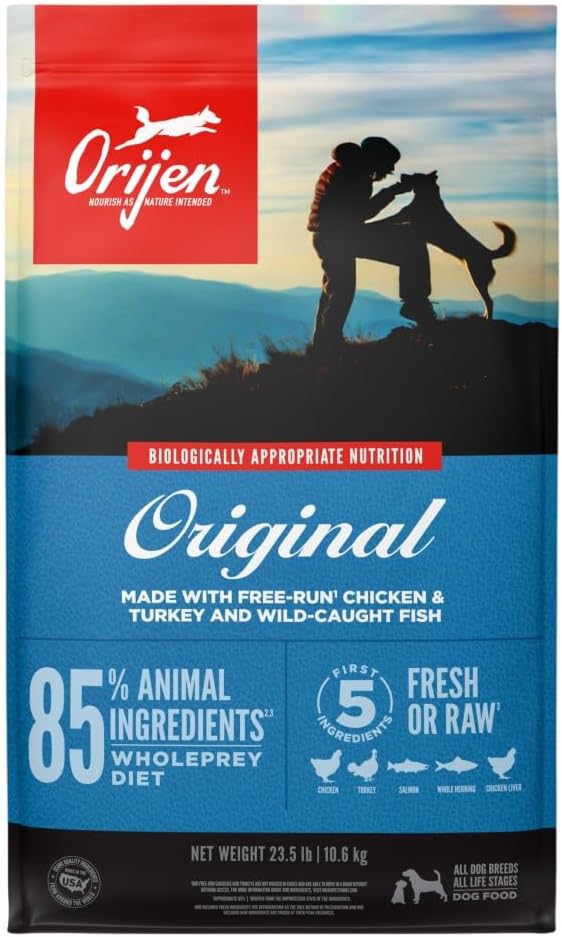
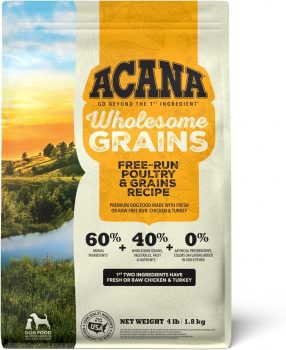
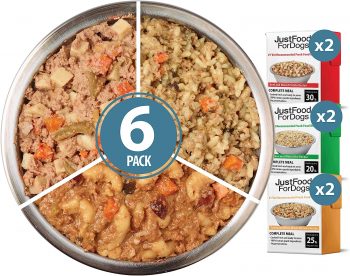
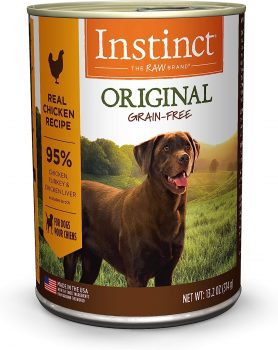
 Toledo, United States.
Toledo, United States.